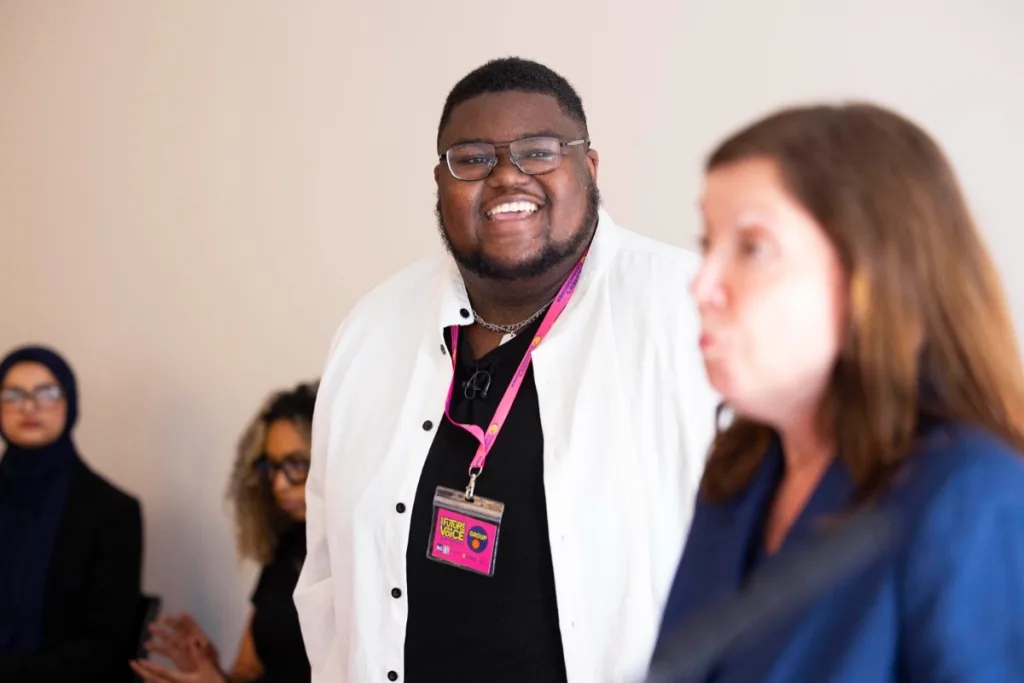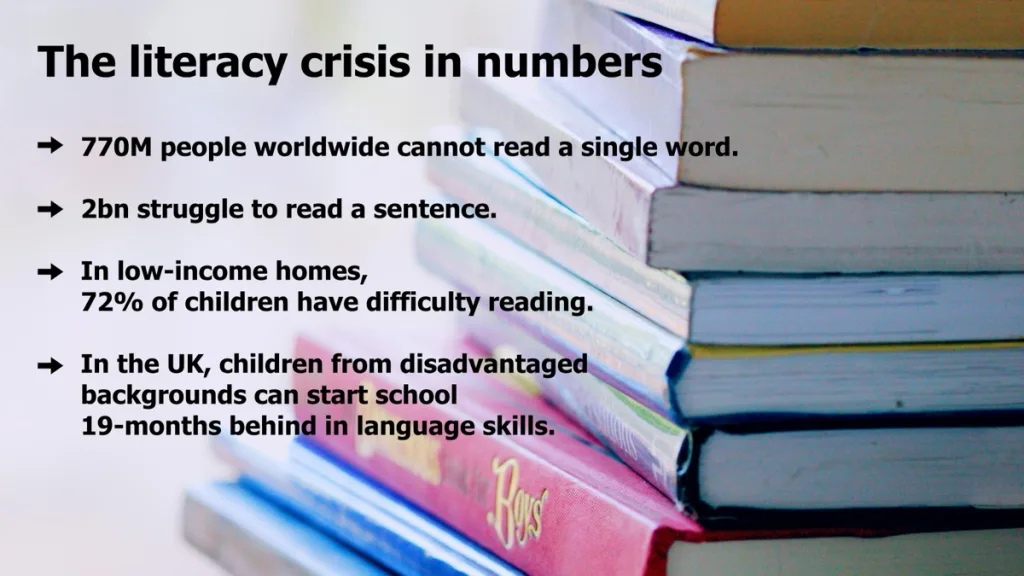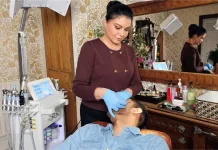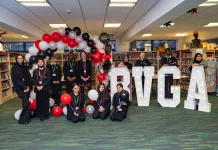
“If we can make literacy a priority, we’re not just teaching children to read – we’re opening doors to opportunity, equality and hope.”
When Emmanuel Jah walks into the Youth Parliament of Leeds meeting room, he brings with him the same energy he plans to channel on the world stage.
This year, the 18-year-old has been named a Youth Ambassador for the World Literacy Foundation (WLF) – a role that will place him alongside young leaders from 90 countries, united by a single mission: to ensure every child has the chance to read and write.
Globally, the stakes are stark. Around 770 million people cannot read a single word, while a further two billion struggle to read a sentence. In low-income households, 72% of children face difficulties with basic reading.
For the WLF, the goal is nothing less than the eradication of illiteracy by 2034, an ambitious target that Emmanuel is determined to help reach.
“I want to give a platform to young people who haven’t had the opportunity because of their background,” he says. “A crucial part of addressing challenges like knife crime, mental health and the cost-of-living crisis is improving access to education and promoting literacy.”

For Emmanuel, the fight for literacy is deeply personal. He grew up seeing how barriers to education could shape, and limit, a young person’s future.
His determination to break down those barriers led him to become a Youth Ambassador for the Children’s Commissioner for England, helping launch the Big Ambition survey, which gathered the voices of thousands of young people across the country. In Leeds, he played a key role in the Make Your Mark ballot campaign, encouraging civic participation among teenagers.
Now, with the WLF platform, Emmanuel hopes to shine a spotlight on the lived experiences of young people from displaced and immigrant backgrounds. “We are the future,” he says.
“I want to foster a more inclusive society where those experiences are recognised in shaping policy, especially around education.”
The obstacles are considerable.
Literacy gaps are not just an issue in the Global South: in the UK, charities warn that children from disadvantaged areas can start school already 19-months behind their more affluent peers in language development. The long-term effects can ripple through a lifetime – affecting job prospects, health outcomes and social mobility.
The WLF believes the solution lies in grassroots advocacy as much as global policy. Emmanuel’s role will see him working locally in Leeds to promote reading initiatives, distribute educational resources, and speak to policymakers about the link between literacy and wider social issues.
“I want to challenge the stereotypes that limit young people’s capabilities,” he adds. “With the right support and access to literacy, every young person can achieve their full potential.
“If we can make literacy a priority, we’re not just teaching children to read – we’re opening doors to opportunity, equality and hope.”














